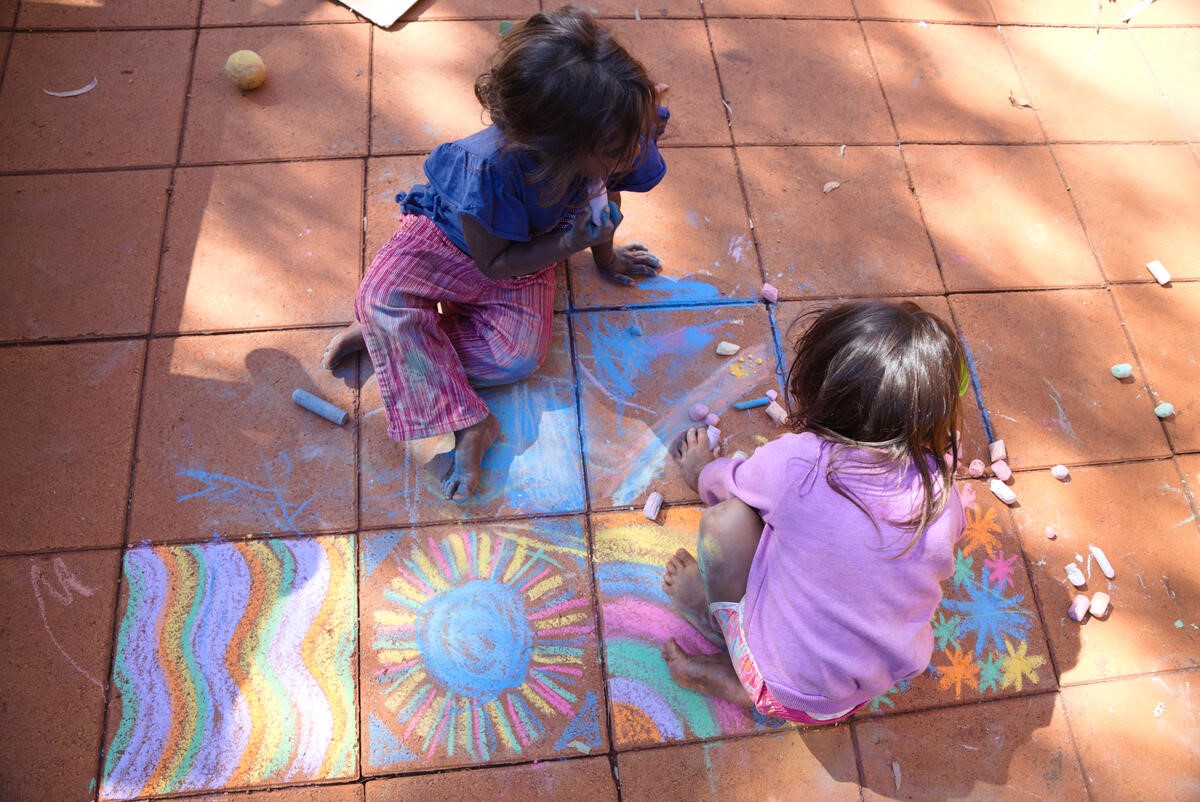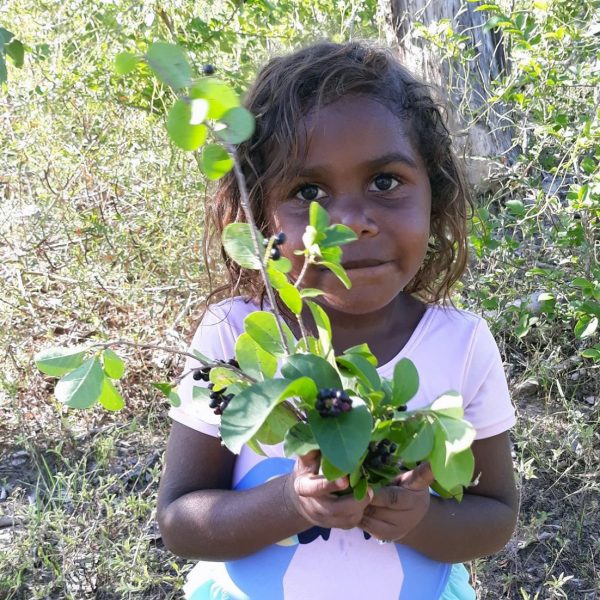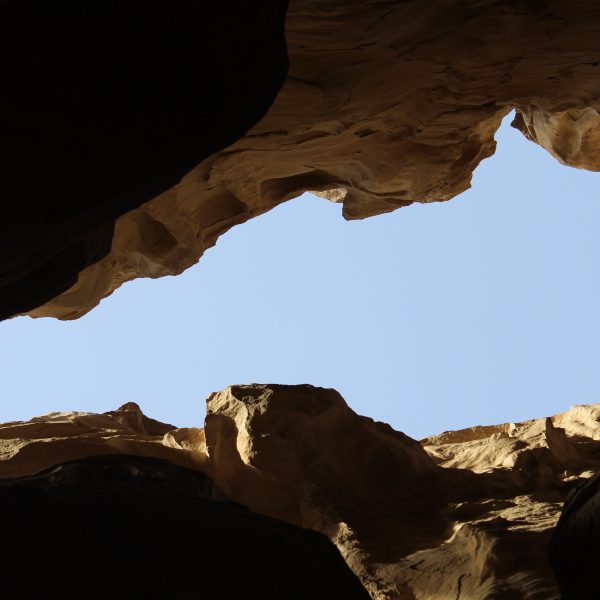Early childhood education is a vital aspect of Closing the Gap, World Vision says

Without an enduring commitment to making sure that First Nations children are school ready through quality early childhood education, Australia will struggle to close the gap, World Vision’s Acting Head of First Nations Programs Grant Paulson has said.
His comments come in the wake of a commitment by the Australian Government to funding an expansion of the Connected Beginnings program, however Mr Paulson said it was crucial that the Australian Government not only expand the program, but also continue its strong investment in training and in the existing program sites long-term, to ensure the best outcomes.
Without continued support, and access to locally-run playgroups, culturally strong early education services and good support for parents, First Nations children will fall behind in developmental milestones, he added.
Mr Paulson, a Birri-Gubba/Bundjalung man, commented that World Vision, a partner in one of the ten existing sites located in Derby in Western Australia, is seeing promising signs from its partnership with local communities and organisations.
“We encourage the government to extend its funding for existing Connected Beginnings sites too, given the evidence that collective impact initiatives require long-term investment to achieve sustainable results,” Mr Paulson said.
“It’s important that there is support for innovative education and training opportunities for First Nations people in remote communities so that local staff are employed as educators and managers of the services,” he added.
“Through listening to local communities and finding what’s required and the best approaches in each situation long-term, we can jointly deliver the strong results needed to close the gap and ensure children are school ready.”
The Australian Government also recently announced an additional $29.8 million to expand the Community Child Care Fund Restricted Program and fund up to 20 additional mostly Aboriginal and Torres Strait Islander-run childcare services in remote communities, benefitting around 3,500 children.
“It is excellent news that the government is going to address the gap in childcare places for First Nations children in remote areas. Having these operated by First Nations organisations is key to the sustainability and success of these initiatives,” Mr Paulson said.
“Without local staff, First Nations families are less likely to use them. We’re keen to see further commitments that ensure services that are currently operated by non-Indigenous organisations have a plan to build the local capacity to take over the running of these services in the future,” he said. This transition aligns with the Closing the Gap priority reform 2 of Building the Community Controlled Sector.
To learn more about the work of World Vision in early childhood education in Australia please see here.
Popular

Quality
Practice
Provider
Workforce
Reclaiming Joy: Why connection, curiosity and care still matter in early childhood education
2025-07-09 10:00:07
by Fiona Alston

Policy
Practice
Provider
Quality
Research
Workforce
Beyond the headlines: celebrating educators and the power of positive relationships in early learning
2025-07-07 10:00:24
by Fiona Alston

Workforce
Policy
Quality
Practice
Provider
Research
ECEC must change now, our children can’t wait for another inquiry
2025-07-02 07:47:14
by Fiona Alston













